The Soviet space engineer, Sergey Korolev, who inspires Elon Musk
Musk has hosted the grandson of Sergey Korolev at SpaceX.
MOSCOW -- In September, a Russian man and his son rented a Tesla and set off to meet Elon Musk following a personal invitation from the billionaire entrepreneur to visit SpaceX's factory in California.
The man was Dr. Andrey Korolev, the grandson of the chief architect of the Soviet space program, Sergey Korolev, a legend among space professionals and fans, including Musk.
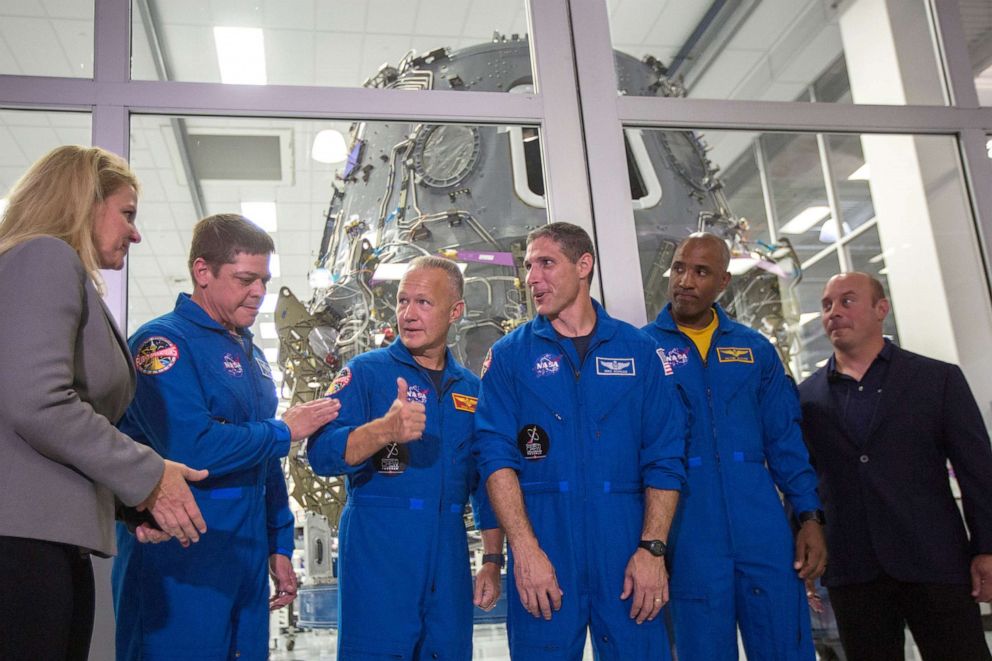
Americans looking at the crop of new private space companies like SpaceX tend to look back at the U.S. history of space exploration -- Jeff Bezos' Blue Origin's first ship New Shepard is named after Alan Shepard, the first American in space.
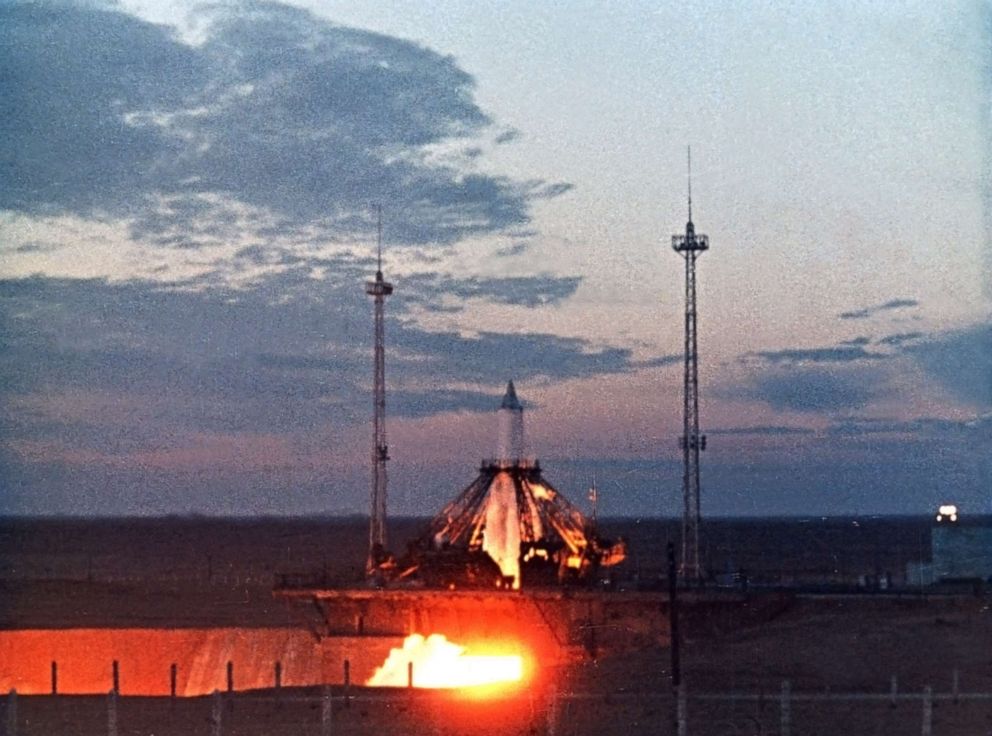
But Musk, while also celebrating the American legacy, has said that the Soviet rocket designer is one of his main inspirations.
Sergey Korolev, who was an engineer and a victim of Joseph Stalin's Great Purge, went on to help the Soviet Union beat the U.S. in the race to space during the Cold War. While Korolev may be not as well-known in the Western world, he is considered one of the fathers of space travel. He oversaw the creation of the first intercontinental rockets and helped put the first satellite and man into space.
Musk's admiration of Sergey Korolev is long-running, and he has repeatedly tweeted about the Soviet engineer, mentioning him in speeches. "A biography on Korolev has center place in my study," Musk wrote on Twitter in 2019. An auditorium at SpaceX's headquarters is named after Korolev.
https://twitter.com/elonmusk/status/1281724440636612608?lang=en
Andrey Korolev had been aware of Musk's admiration for his grandfather for some time, but said he decided to reach out in May 2020 after he and his wife watched SpaceX's Crew Dragon spaceship carry NASA astronauts to the International Space Station. He said his wife persuaded him to congratulate Musk.
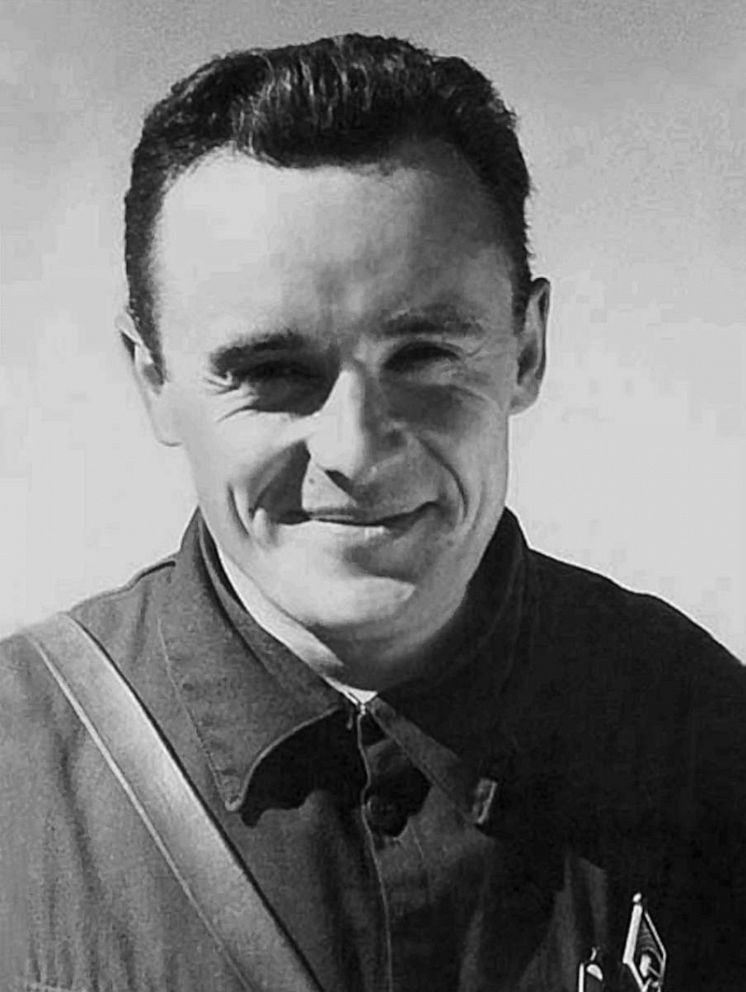
"I think that Elon Musk is more or less a kind of reincarnation of Sergey Korolev," Andrey Korolev, who is a Moscow-based surgeon and professor of traumatology and orthopaedics, told ABC News in an interview last month in his office decorated with photographs of his grandfather.
"[Musk] really knows history, and he appreciates and he is thankful to the people who did something before him," Korolev said.
Korolev said shortly after his message was passed through "friendly people from NASA" to Musk, to his surprise, Musk's personal assistant got in touch to offer a phone call. After the call, Musk invited Korolev to visit SpaceX.
Delayed by the pandemic, he and his son, Pavel Korolev, visited this autumn, taken on a tour around the facility by Musk, who flew in from Texas by private jet, they said.
Andrey Korolev himself was too young to remember his grandfather, who died at the age of 59, but the family history is carefully preserved by his mother, Natalya. She became the chief biographer for her father's fascinating yet terrifying life.
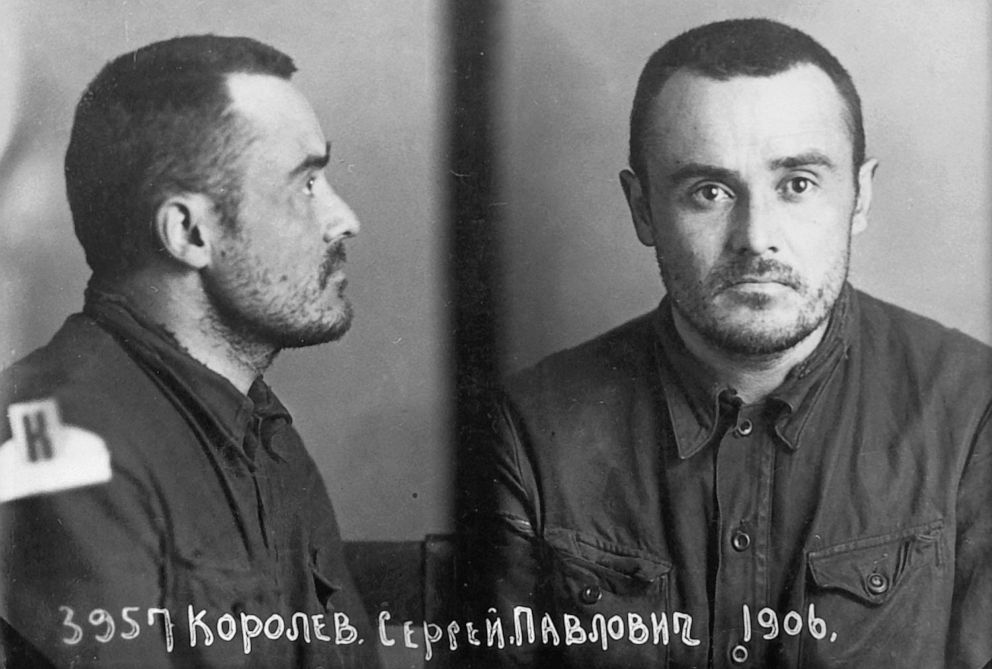
Born in the Russian Empire, in present-day Ukraine, Korolev was interested in aviation at an early age. From his late teens he designed and piloted gliders.
Korolev had already begun a promising career as an aircraft designer when, in 1938, then 31, he was arrested during the campaign of political repression under Stalin, and sent to a gulag camp in northern Siberia to work in gold mines.
Later, he was transferred to a special prison camp for scientists and researchers. He stayed there until 1944. Years later, the Soviet government officially recognized charges in his case were false.
After the end of World War II, he was sent to Germany to uncover the technology of the Nazi's V-2 rocket, which was captured by the Soviets. At first he built a copy of it, but later developed it into the world's first intercontinental ballistic missile, the R-7.
It was Korolev who proposed the idea of launching an artificial satellite into space, starting the Soviet space program.
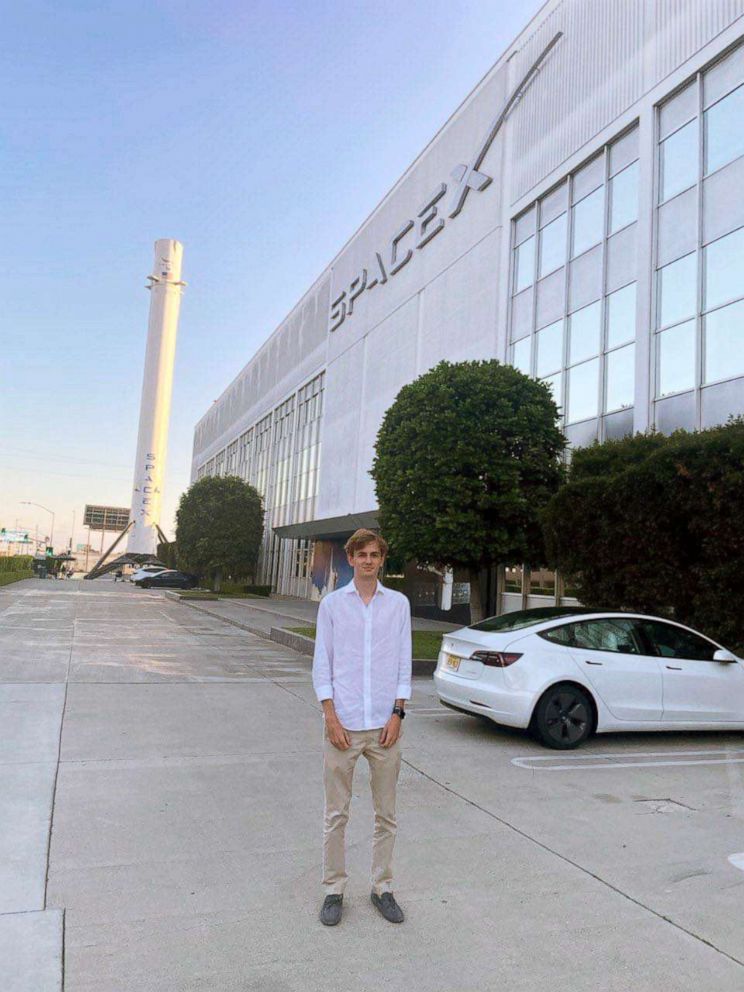
"He always knew that the payload of the ballistic missile should be a man, not a bomb. And he did it," said his grandson.
But despite his achievements, Korolev is far less known than the first cosmonauts, including Yuri Gagarin, the first man in space.
While Gagarin was celebrated around the world, Korolev's identity was a secret, made public only after he died. For decades he was referred to in news reports only as the "chief designer."
His grandson recalled a family story that when congratulated with the fifth anniversary of Gagarin's flight, Korolev couldn't help a bitter response: "Why congratulate me? We are miners, no one knows our names, we work underground."
Despite their striking difference in public image, Andrey said he sees more similarities between Sergey Korolev and Musk, saying both were able to gather strong teams around them and were masters themselves of flight engineering. And he is not the only one who sees similarities.
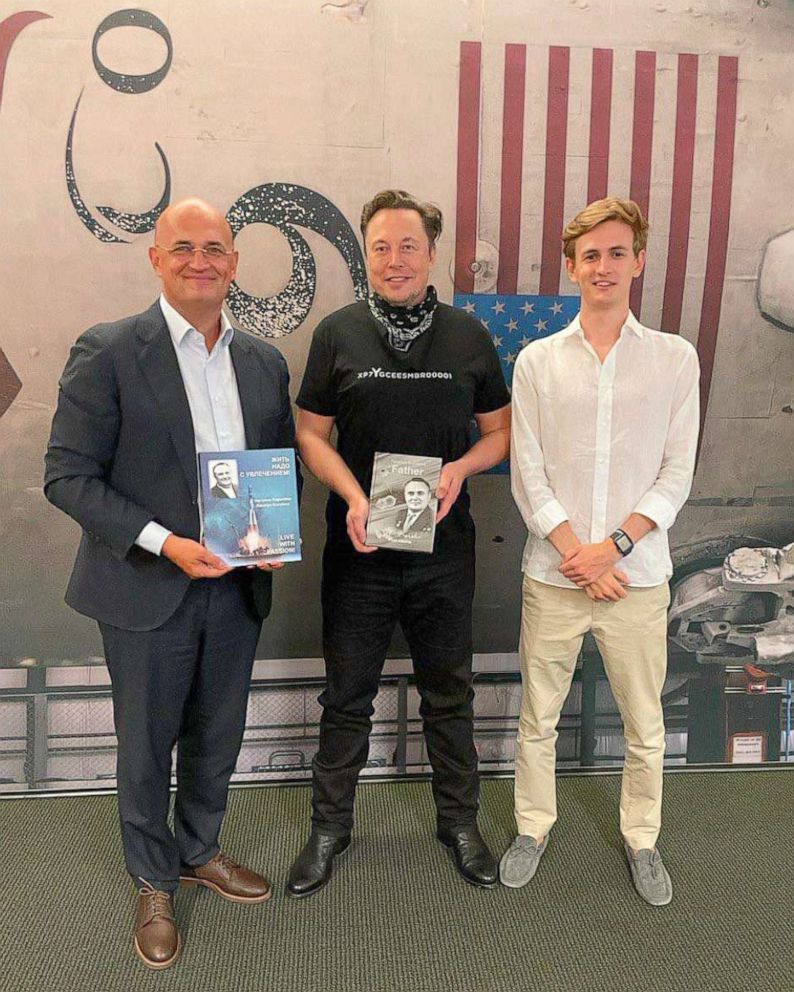
"The two of them have very important commonalities even though they are almost generations apart," James Oberg, a rocket scientist, retired NASA engineer and space historian, told ABC News.
Oberg praised Korolev's drive for innovation, for giving up old approaches, gathering a dedicated team and doing what others haven't done, saying he thought Musk resembled him in that.
Korolev and Musk "clearly shared a common ideal of space exploration, not just in terms of curiosity but in terms of human destiny," he added.